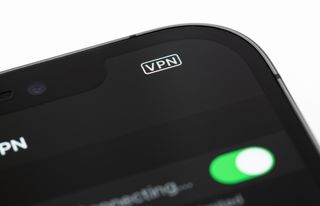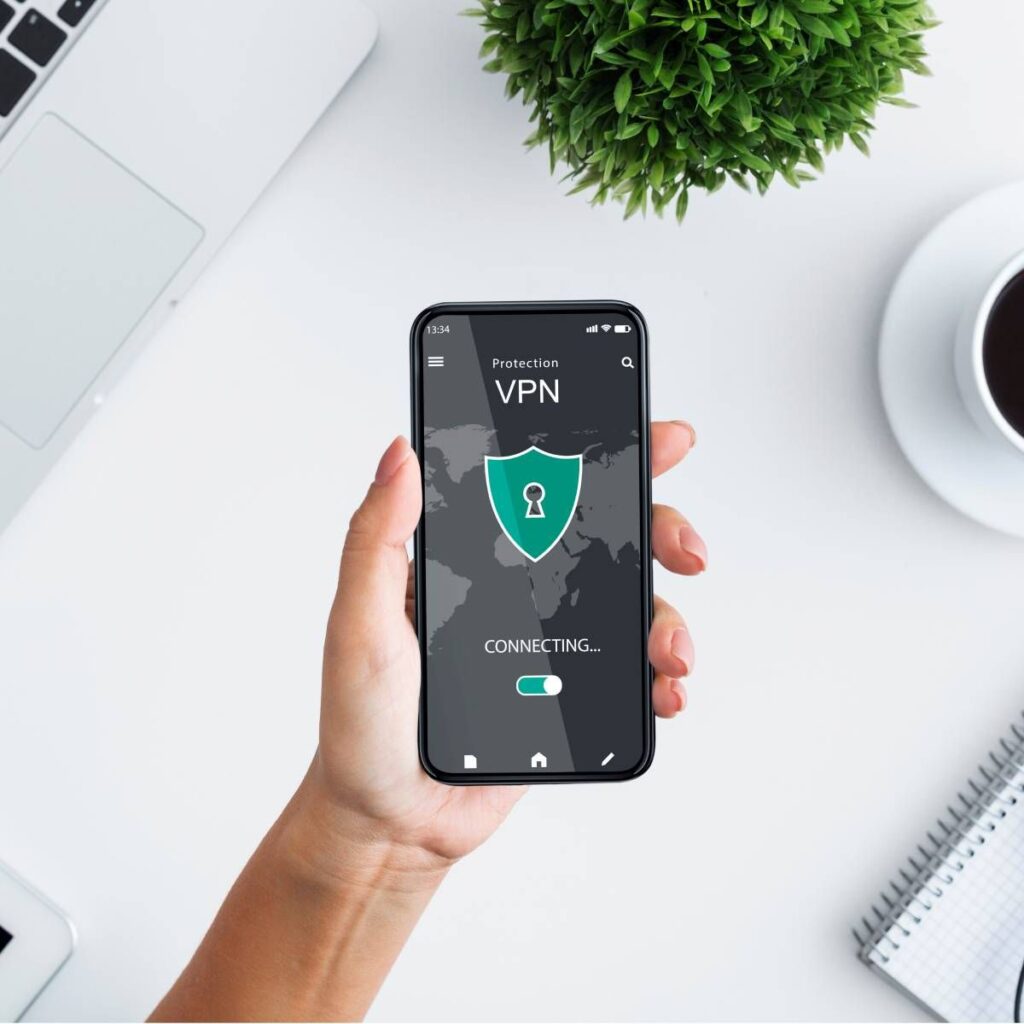Is It Safe to Use Vpn in Saudi Arabia? Using VPNs in Saudi Arabia is not illegal but remains a gray area. Users who are caught could face penalties.
Saudi Arabia imposes strict internet censorship, blocking many websites and services. VPNs help bypass these restrictions, providing access to otherwise unavailable content. Despite this, using VPNs can attract penalties, including fines and imprisonment. Saudi authorities monitor internet activity closely, making it risky to use unauthorized VPNs.
Legal VPNs, approved by the government, offer a safer alternative. Users should exercise caution and stay updated on local laws to avoid legal issues. Always choose reliable VPN services to ensure data privacy and security. Understanding the legal landscape is crucial for anyone considering VPN use in Saudi Arabia.
Legal Landscape
The legal landscape around VPN usage in Saudi Arabia is complex. Understanding the current regulations and potential penalties is crucial for anyone considering using a VPN in this region.
Current Regulations
Saudi Arabia has strict internet censorship laws. The government monitors and controls online activities. Using VPNs to bypass these restrictions is technically illegal. The authorities aim to restrict access to certain websites and services. Therefore, VPN usage falls in a gray area of legality.
Potential Penalties
Penalties for using a VPN in Saudi Arabia can be severe. They include hefty fines and possible imprisonment. Violating internet laws can lead to penalties such as:
- Fines up to 500,000 Saudi Riyals
- Jail time up to one year
- Confiscation of electronic devices
These penalties are designed to deter users from bypassing government controls. Always weigh the risks before deciding to use a VPN in Saudi Arabia.
Vpn Usage Trends
Using a VPN in Saudi Arabia is becoming increasingly popular. People use VPNs for many reasons, including privacy and accessing restricted content. This section will explore VPN usage trends in Saudi Arabia.
Popular Vpn Services
Several VPN services are popular among users in Saudi Arabia. Here is a table of some widely used VPN services:
| VPN Service | Features |
|---|---|
| ExpressVPN | Fast speed, strong encryption, 24/7 support |
| NordVPN | High security, no logs policy, many servers |
| CyberGhost | User-friendly, good for streaming, affordable |
User Demographics
VPN users in Saudi Arabia come from various backgrounds. Here are some insights:
- Young Adults: Ages 18-30, tech-savvy, frequent internet users
- Professionals: Remote workers, business travelers, expatriates
- Students: Accessing educational content, social media, online games
Top reasons for using a VPN include:
- Privacy protection
- Access to restricted content
- Secure internet browsing
These trends highlight the growing importance of VPNs in Saudi Arabia. As more people become aware, usage is expected to rise.

Credit: www.youtube.com
Security Concerns
Using a VPN in Saudi Arabia raises several security concerns. Understanding these can help you make an informed decision. This section will cover data privacy and the risk of detection.
Data Privacy
Your data privacy is crucial when using a VPN in Saudi Arabia. VPNs encrypt your internet traffic, making it harder for third parties to access your data. This encryption protects your information from hackers and surveillance agencies.
Not all VPNs offer the same level of privacy. Choose a VPN with a strict no-logs policy. This policy ensures that your online activities are not recorded. This is important to maintain your anonymity.
Some VPNs may share your data with third parties. Always read the privacy policy before choosing a VPN. Look for VPNs that use strong encryption protocols. Popular options include AES-256 and OpenVPN.
Risk Of Detection
Using a VPN in Saudi Arabia carries a risk of detection. The government monitors internet usage closely. They use advanced technology to detect and block VPN traffic.
Choose a VPN that offers obfuscation features. These features disguise your VPN traffic as regular internet traffic. This makes it harder for the government to detect your VPN use.
Some VPNs offer dedicated servers for bypassing censorship. These servers can help you avoid detection. Regularly update your VPN software to stay ahead of detection methods.
Getting caught using a VPN can lead to penalties. This may include fines or other legal consequences. Always stay informed about the latest regulations and detection methods.
| Security Feature | Importance |
|---|---|
| No-Logs Policy | Ensures privacy by not recording online activities |
| Strong Encryption | Protects data from hackers and surveillance |
| Obfuscation Features | Disguises VPN traffic to avoid detection |
| Dedicated Servers | Helps bypass censorship and avoid detection |
Alternative Solutions
Using a VPN in Saudi Arabia may raise some concerns. If you are looking for alternative methods to maintain online privacy and access restricted content, consider proxy servers and the TOR network. These alternatives come with their own set of advantages and limitations.
Proxy Servers
Proxy servers act as intermediaries between your device and the internet. They help you access blocked websites and hide your IP address. Here are some key points about proxy servers:
- IP Address Masking: Proxy servers hide your real IP address.
- Access Blocked Content: You can access restricted websites.
- Speed: Proxies are usually faster than VPNs.
While proxy servers offer these benefits, they have limitations. They do not encrypt your data, making it less secure. Use a reputable proxy service to minimize risks.
Tor Network
The TOR network provides another alternative for secure browsing. TOR uses a series of volunteer-operated servers to anonymize your internet traffic. Key features include:
- Strong Anonymity: TOR hides your identity online.
- Access to Blocked Sites: TOR lets you visit restricted websites.
- Free to Use: TOR is available at no cost.
TOR offers strong privacy but can be slower than other methods. It is ideal for activities needing high anonymity, like whistleblowing or sensitive research. Be mindful that some websites may block TOR traffic.
Frequently Asked Questions
What Vpn Should I Use In Saudi Arabia?
Use ExpressVPN in Saudi Arabia. It offers strong encryption, fast speeds, and excellent privacy features. NordVPN and CyberGhost are also reliable choices. They provide robust security and easy-to-use apps. Always choose a VPN with a strict no-logs policy.
How Much Is The Fine For Vpn In Saudi Arabia?
The fine for using a VPN in Saudi Arabia can range from SAR 500,000 to SAR 5,000,000. Penalties vary based on the offense.
Is Vpn Banned In The Middle East?
VPN use is restricted in some Middle Eastern countries. Countries like the UAE and Oman have strict regulations. Always check local laws before using a VPN.
Which Country Is Not Allowed To Use Vpn?
Countries like China, North Korea, and Iran restrict or ban VPN usage. They impose strict penalties for using VPNs.
Conclusion
Using a VPN in Saudi Arabia can be complex. It’s crucial to understand the legal landscape and choose a reliable service. Always prioritize your safety and privacy. Stay informed about local regulations to avoid potential issues. A VPN can offer benefits, but careful usage is essential for a secure online experience.


